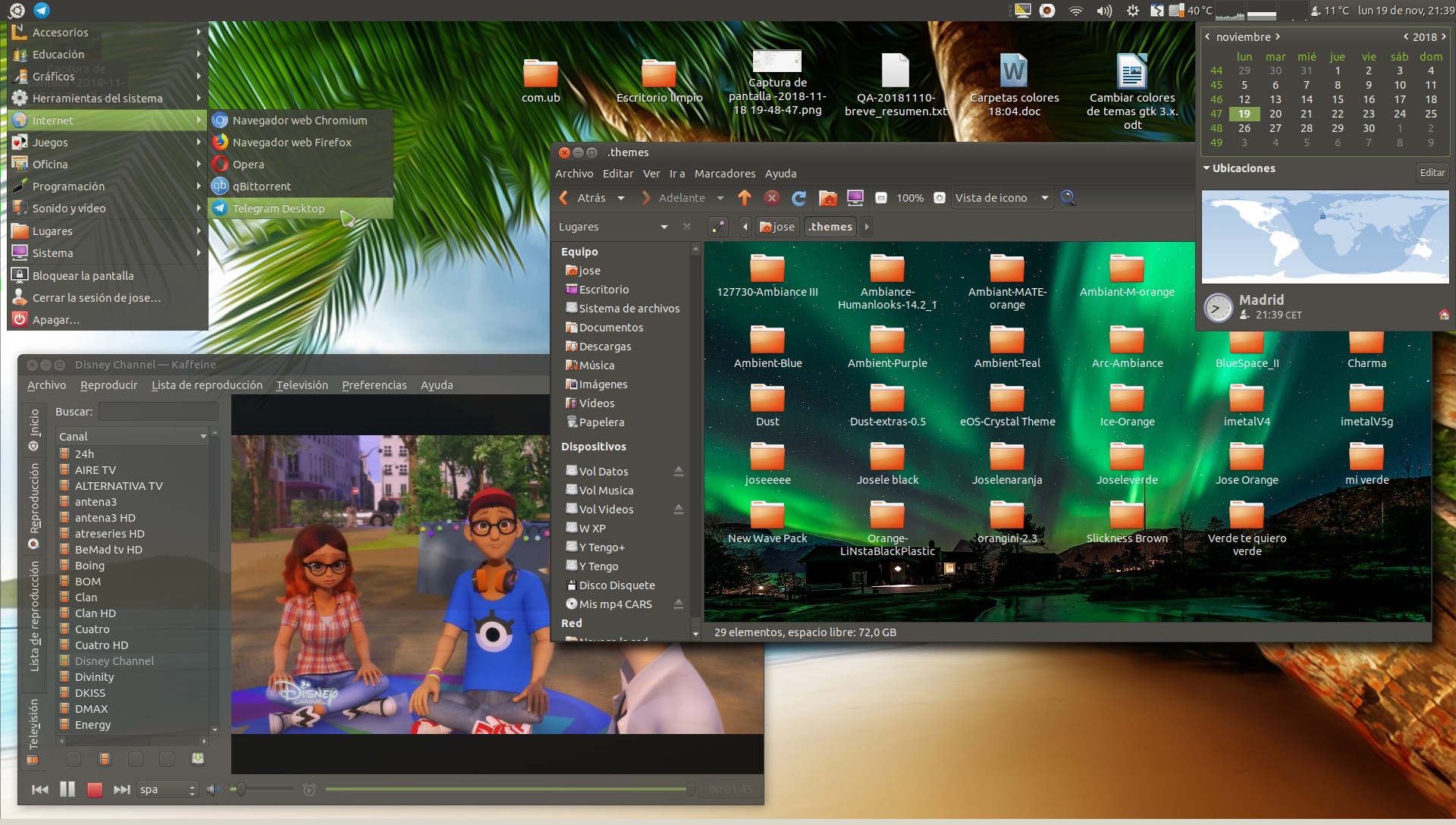

So, for example, Ubuntu 18.04 LTS signifies that the official release was dropped on April in 2018 and since it will be supported until 2023.

These are the ones referred to as LTS, Long-Term Support. To organize things better, normal releases are released every 6 months with 9 months of support before development is discontinued, and Long-Term releases are released every 2 years with 5 years of support before development is discontinued. So, now you may have chosen a couple of flavours to try, but which release version should you install? Here is how it works.Ĭanonical makes sure to consistently release an Ubuntu version twice a year, typically every 6 months – in April and in October. With that being said, each Ubuntu flavour, including the default one ( Ubuntu GNOME), offers a unique OS workflow to its users, among other features like memory-friendliness and support.Įdubuntu Desktop Ubuntu Versions in a Jiffy Because it is what determines the overall User Interface and User Experience (UI/UX) of any GUI OS, it comes bundled with integrated software to further solidify its unique features. A Desktop Environment, to put simply, is a curated set of computing software working together to provide users with typical Graphical User Interface elements and animations like wallpapers, toolbars, widgets, and icons. Ultimately, what makes one flavour different from the other is the Desktop Environment ( DE) that it runs. Moreover, there are a thousand and one Ubuntu derivatives so that should definitely be a topic for a different day. It is for this reason that we will focus on the flavours alone.

Ubuntu flavours (or variants) vary from these in the sense that they are officially supported by Canonical, whereas the derivatives are not. In simple terms, Ubuntu derivatives are OS projects built based on Ubuntu’s source code by enthusiastic Ubuntu lovers.

OpenStack, a free and open-source software platform for cloud computing has Ubuntu as its reference OS and it is mostly deployed as infrastructure-as-a-service for customers’ virtual servers among other resources – isn’t that awesome? What’s with the flavors and derivatives, then? For example, you’ve been hearing about Snap apps, right? That’s a project that exists with special thanks to Canonical. Ubuntu is developed and maintained by Canonical (since 2004 till date), a company whose mission is to make open-source software available to the world for free based on the belief system that the most efficient way to feed innovation is to provide innovators with the necessary technology.Īpart from Ubuntu, Canonical contributes to other open-source projects both directly and indirectly.


 0 kommentar(er)
0 kommentar(er)
